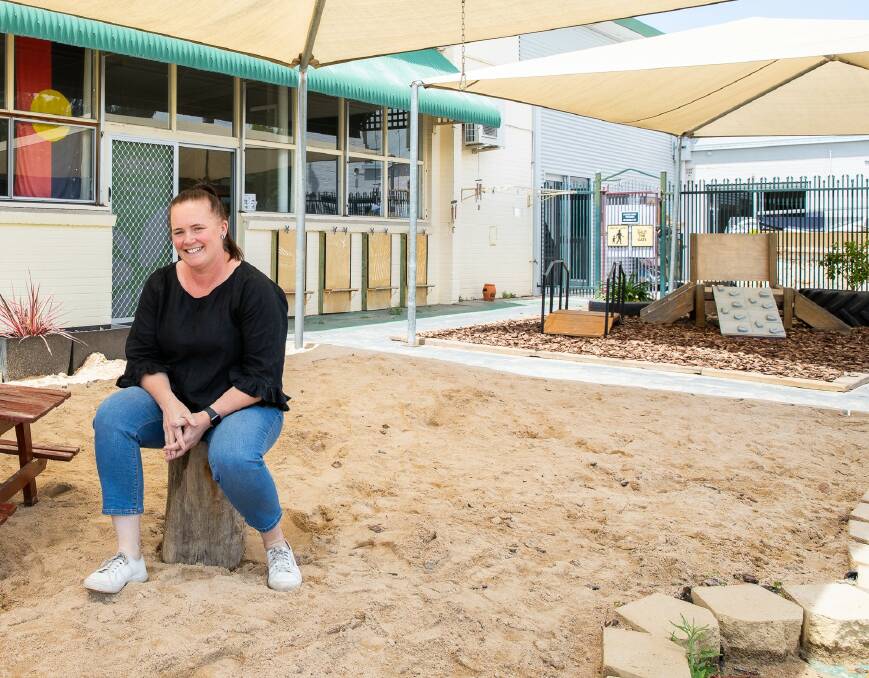
Parents are under stress, our kids are overwhelmed and businesses are under pressure - and it's all due to a childcare crisis.
Subscribe now for unlimited access.
or signup to continue reading
One New England educator, Nicky Lavender, has warned if there wasn't an overhaul, our regional communities were going to decline.
"We've got so many businesses struggling with staffing, and the reason is because families can't access care. People are having to move away," she said.
Mrs Lavender is the CEO of Inverell District Family Services, which oversees 10 early education services operating long day care, community preschools, mobile preschools, family daycare and vacation care.
She said there was a huge demand for early education and not enough spaces available, with a particular concern for zero to three-year-olds.
Places for children aged up to three are funded by the federal government, and three to five-year-olds are funded by the state government.
Family daycare services have been declining at a rapid rate of knots.
- IDFS CEO, Nicky Lavender
"The problem is, in my opinion, that for the last four to five years the state government has really invested in community-based preschools and increasing the licence spots with a lot of capital works grants.
"But, it's the naught to threes that are falling behind. Family daycare services across the state have been declining at a rapid rate of knots."
Mrs Lavender said the number of family daycare educators (those working from their own homes) had decreased by about 40 per cent in the past five years.
She said mandatory vaccinations had also caused about 14 per cent of educators to be lost.
And it's not just the stress of parents and educators that is of concern, but the mental health effects of our children.
READ MORE:
Mrs Lavender explained that about 50 per cent of families used multiple services.
"All of the studies in brain development, as well as best start process for early education, indicates children need to be in a quality early learning environment - consistently in the same space - to start the best possible way.
"Yes it builds resilience in some children but some are just not coping, so their level of experienced trauma is increasing to the point where families are struggling to get them to any element of care because they cant get them out of the car."
Moree mother, Emily Moore, understands the struggle.
With her first child, now five, she had no troubles with her daughter enrolled as a newborn, four days a week.
Now, her second child, has been on a waiting list for two years across three separate services.

"They'll call and offer me one day, and I'd happily take it, but obviously I can't go to a workplace and say, I can work for you one day a week."
Ms Moore has had to turn down employment.
"I had a job lined-up but because I couldn't get my daughter into daycare I had to pass up that opportunity. It was a really big step back for me.
"Unfortunately I'm living on Centrelink which isn't very supportive for my family. It doesn't feel good to be handed money."
Mrs Lavender said the long daycare space was also an underfunded program.
"We only break even. You have to charge quite a huge fee to families to cover your costs and then families can't afford it," Mrs Lavender said.
Northern Tablelands MP, Adam Marshall, used a speech on the floor of State Parliament last week to call for major reform to the childcare sector.
"The Commonwealth-led model for funding is messier than a child's playroom and needs a complete overhaul," he said. "The Federal Government must spend considerably more incentivising existing, privately run centres to expand and create more positions. If it's not going to look at this matter more closely, get out of the way and let the State Government get involved."
Mrs Lavender said all three levels of government needed to come together to work through the problem.
"We need to see investment from the federal government that's practical, tangible and can happen now," she said.

